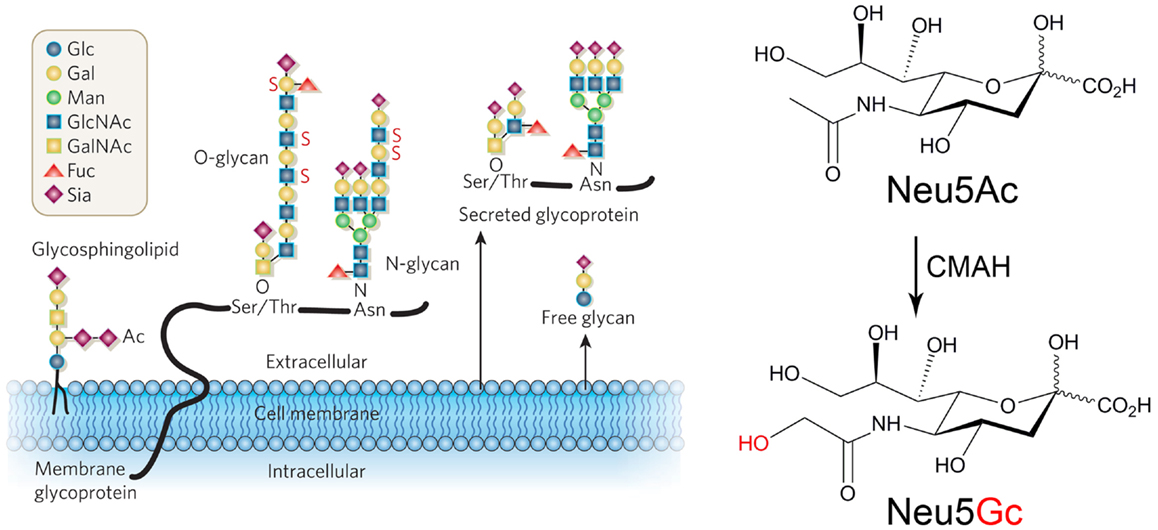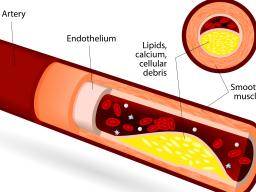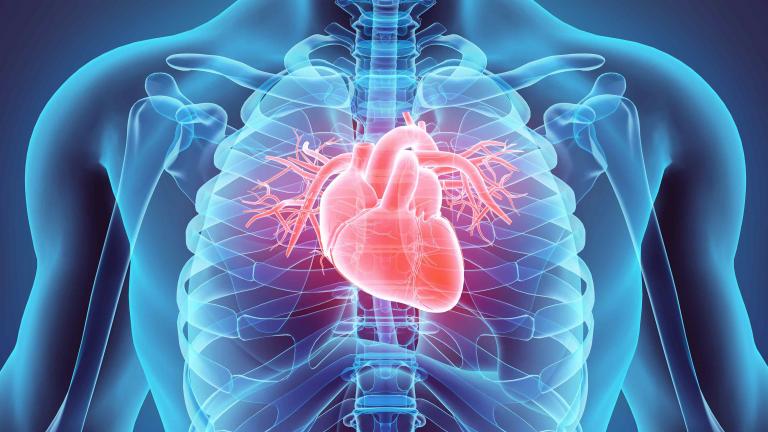To test this theory, the team compared rates of atherosclerosis is mice with a working CMAH gene and a genetically modified version of the gene not producing Neu5Gc. This test showed that mice with the non-working gene showed nearly double the fatty buildup in their blood vessels. The mice without the gene were then fed red meat, which naturally contains New5Gc which caused even more significant buildup of fatty deposits in blood vessels.
The researchers believe that this could be a reason that diets high in red meat are linked to heart disease. The hypothesize that contact with Neu5Gc sets off an immune response which leads to a chronic state of inflammation within the blood vessels. This gene may be the reason why people who don't eat meat altogether still are at a high risk for heart attacks while our other mammalian ancestors are not, Currently heart disease is one of the leading killers in the United States. If a form of gene therapy was developed to target this gene, and also other genes involved in how the body reacts to Neu5Gc, a very large dent could be made in the number of people who are claimed by heart disease, which is rapidly rising.


https://www.usnews.com/news/health-news/articles/2019-07-29/one-gene-change-2-million-years-ago-left-humans-vulnerable-to-heart-attack

